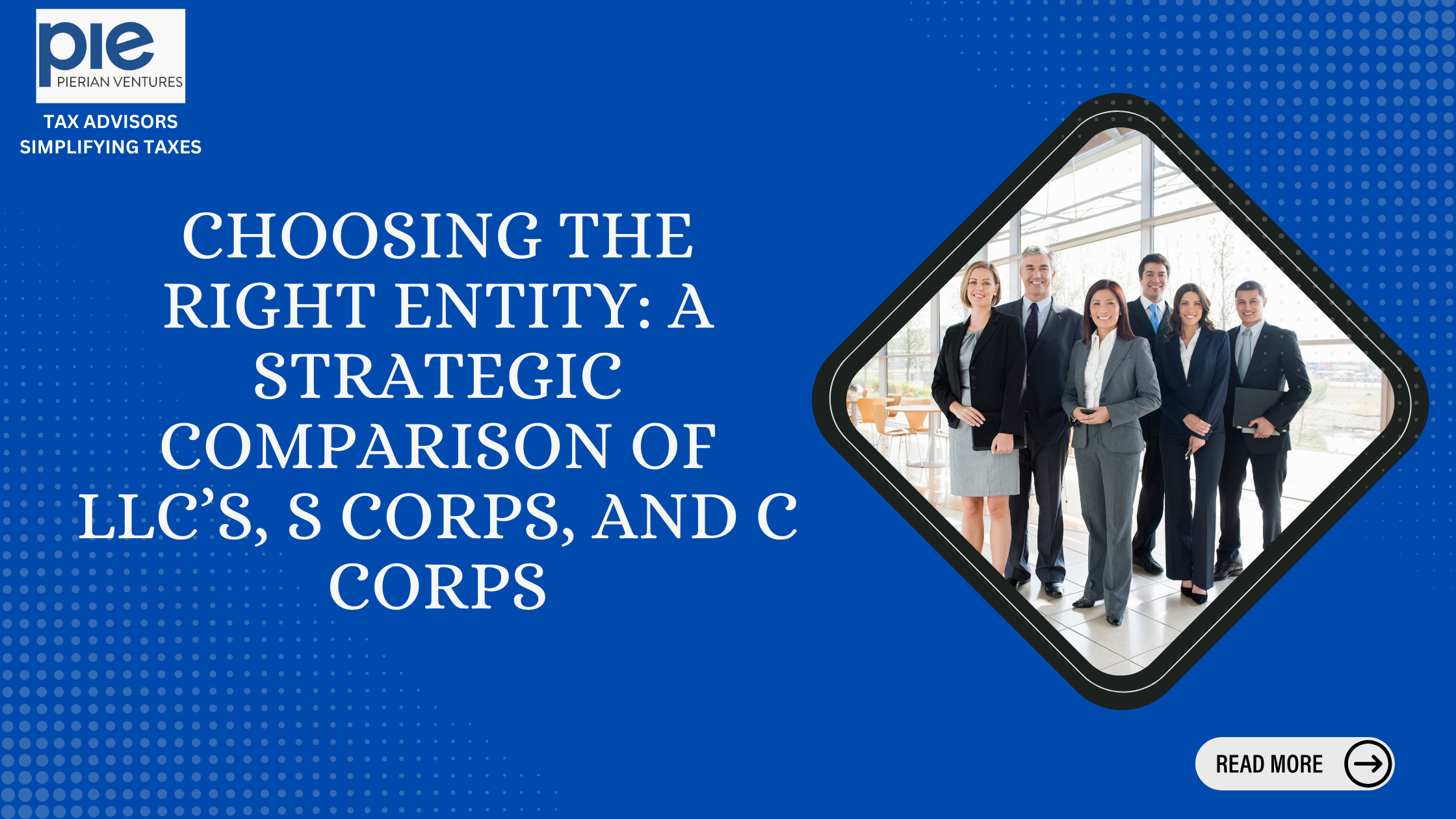Introduction To Transactional Filings
In today’s multifaceted regulatory ecosystem, managing transactional filings across both state and federal levels has evolved into a high-stakes endeavor for enterprises of all sizes. Varying statutory requirements, divergent deadlines, and jurisdiction-specific submission protocols present significant challenges for businesses attempting to maintain continuous compliance. Mismanagement or oversight in this domain not only incurs financial penalties but can also erode stakeholder trust and obstruct strategic growth initiatives. However, with a methodical, centralized compliance infrastructure supported by seasoned professionals, transactional filings can be transformed from liabilities into strategic assets.
Understanding the Interplay Between State and Federal Filings
Corporate compliance is fundamentally decentralized in the United States, with each state governing business entity formation, operation, and dissolution under its own body of law. Concurrently, federal statutes impose separate and often overlapping obligations, most notably under the Corporate Transparency Act (CTA) and Internal Revenue Code. Businesses operating in multiple jurisdictions must therefore ensure harmonization of data across multiple filings—state annual reports, IRS documentation, FinCEN beneficial ownership disclosures, and more.
Failure to maintain consistent and accurate data across these platforms can result in audit flags, regulatory sanctions, and reputational risks. Ensuring cohesion across systems such as the Federal Motor Carrier Safety Administration (FMCSA), U.S. Coordinating filings related to the Department of Transportation (DOT), the International Registration Plan (IRP), and the International Fuel Tax Agreement (IFTA) is especially critical for businesses operating within the logistics and commercial transportation sectors.
The Strategic Value of Transactional Compliance
Transactional filings serve as the bedrock of an enterprise’s legal and operational legitimacy. These filings are not merely administrative obligations—they affirm the legal status of the entity, preserve limited liability protections, and enable business continuity. They also play a pivotal role in strategic transactions such as financing, mergers, acquisitions, and cross-border expansion.
Key risks associated with non-compliance include:
- Administrative dissolution or revocation of business rights
- Accrual of civil penalties and interest on delinquent filings
- Exposure to litigation due to lack of legal standing
- Contractual limitations and disqualification from government procurement
Mitigating these risks demands precision, oversight, and expert coordination—hallmarks of a proactive compliance strategy.
Core Transactional Filing Categories
A robust compliance infrastructure must accommodate a broad spectrum of transactional filings, each governed by unique statutes and procedural mandates:
- Annual Reports: Statutorily required filings that update jurisdictional authorities on the company’s operational and structural status.
- Corporate Transparency Act Compliance: Mandates disclosure of beneficial ownership information to FinCEN, with severe penalties for non-compliance.
- Delaware e-Filings: Includes franchise tax reports, certificates of incorporation, and corporate amendments submitted through the Delaware Division of Corporations’ digital portal.
- Entity Formation & Amendments: Establishes legal identity and captures structural changes; includes Articles of Organization, Incorporation, and Amendment.
- Foreign Qualifications: Authorizes a business entity to legally conduct operations in jurisdictions beyond its state of initial formation.
- Certificates of Good Standing: Legal attestations verifying current compliance status, essential in financing, licensing, and M&A contexts.
- DBA (Doing Business As) Management: Registers trade names used in commerce distinct from the legal entity name.
- Mergers & Acquisitions Filings: Documents structural changes resulting from corporate consolidation or conversion.
- Dissolutions & Withdrawals: Terminates legal existence or foreign registration to prevent ongoing tax liabilities and legal exposure.
- Name Reservations: Secures a corporate name during the pre-formation or expansion phase to prevent misuse or infringement.
- Charitable Services: Complies with charitable solicitation statutes for nonprofit fundraising.
- Reinstatements: Resurrects administratively dissolved entities to restore good standing and operational rights.
- Apostille & Authentication Services: Certifies legal documents for international recognition under the Hague Convention.
Challenges in Multi-Jurisdictional Compliance
Coordinating transactional filings across jurisdictions is inherently complex. Each state’s Secretary of State maintains unique standards for documentation, authentication, notarization, and processing times. Federal requirements, such as FinCEN’s BOI submissions, introduce another regulatory layer requiring rigorous verification of internal data.
Furthermore, discrepancies in entity records—such as variations in officer names, addresses, or EINs—can trigger regulatory scrutiny or processing delays. Businesses operating across several jurisdictions must synchronize filing calendars, validate document consistency, and manage multi-agency interactions without interruption to operations.
Streamlined Solutions Through Expert Administration
Modern compliance demands more than reactive filing—it requires a forward-looking, systematized approach supported by legal, administrative, and technological acumen. By leveraging integrated compliance management, organizations can reduce filing redundancy, eliminate regulatory blind spots, and centralize compliance oversight.
How Pie Ventures Empowers Regulatory Excellence
Pie Ventures specializes in providing comprehensive transactional filing services that span local, state, and federal jurisdictions. Our professional solutions are designed to relieve internal teams of administrative burdens while ensuring accuracy, timeliness, and regulatory precision.
Key Service Areas
- Entity Formation and Amendments
- Formation filings for LLCs, corporations, and nonprofits
- Amendments to reflect changes in governance, address, or business scope
- Annual Reports and State Filings
- Monitoring and submission of annual and biennial reports
- Facilitating compliance with state regulatory bodies to uphold active entity status across jurisdictions
- Corporate Transparency Act (CTA) Compliance
- Preparation and submission of Beneficial Ownership Information to FinCEN
- Ongoing monitoring of CTA developments and obligations
- Foreign Qualifications and Withdrawals
- Filing for authority to operate in new jurisdictions
- Withdrawing entities to prevent unnecessary tax exposure
- Mergers, Conversions, and Dissolutions
- Documentation and filing for statutory mergers, entity conversions, and dissolutions
- Name Reservation and DBA Filings
- Pre-registration of trade names and maintenance of fictitious business names
- Certificates and Legal Documentation
- Preparation and procurement of official status certifications and authenticated corporate records
- Apostille and authentication for international document acceptance
- Charitable Solicitation Registration
- State-specific registrations for nonprofits engaging in fundraising
- Reinstatement Services
- Recovery of good standing for lapsed entities through expedited reinstatement filings
- Document Retrieval and Compliance Archiving
- Procurement of historical corporate documents
- Secure and indexed storage for compliance audits and strategic planning
Why Partner with Pie Ventures?
- Jurisdictional Expertise: Specialized knowledge of filing protocols in all 50 states and Washington D.C.
- Centralized Deadline Management: Integrated tracking systems ensure no critical deadlines are missed.
- Data Consistency Assurance: Cross-verification of filings to ensure uniformity across government databases.
- Secure Compliance Infrastructure: Encrypted document handling and rigorous quality control procedures.
- Scalable Support: Services designed to support startups, mid-market firms, and enterprise-level operations.
Conclusion
In an era of heightened regulatory scrutiny and legal complexity, effective management of transactional filings is indispensable to corporate success. A disjointed approach can lead to significant operational and reputational risks. Conversely, a unified, expert-driven compliance strategy—such as that provided by Pie Ventures—transforms filing obligations into strategic levers for business stability and growth.
With end-to-end support tailored to each client’s operational footprint, Pie Ventures delivers peace of mind through regulatory excellence. Let us help you simplify complexity and maintain flawless compliance across all jurisdictions—so your business can focus on what it does best: thriving.













